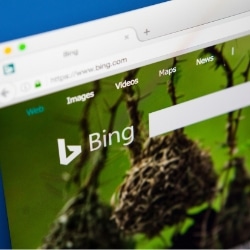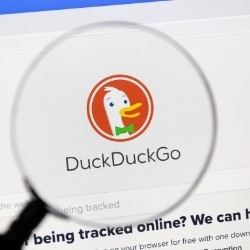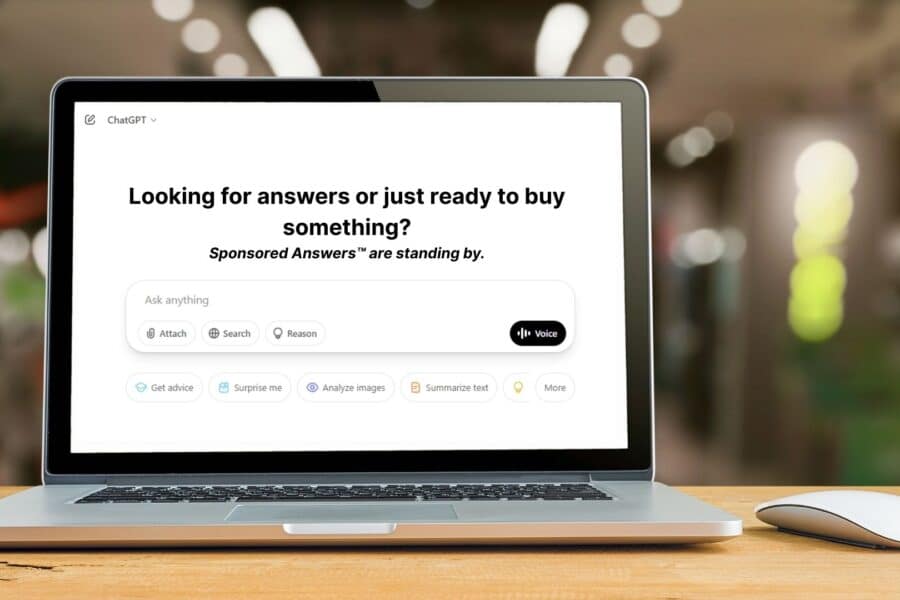A Perspective from Point
Google, the tech giant dominating online search, currently faces a significant antitrust lawsuit alleging it holds a monopoly in online advertising. This legal battle could have far-reaching implications for businesses of all sizes that rely on Google Ads to reach their target audience.
Understanding the Allegations
The lawsuit, filed by the Department of Justice (DOJ), claims that Google engages in anti-competitive practices to maintain its dominance in the online advertising market.
Key allegations include:
- Restricting Competition: Google has allegedly forced publishers and advertisers to use its ad tech tools, limiting their options and reducing competition.
- Favoritism in Ad Products: It is claimed that Google favors its own advertising products over those of competitors, giving itself an unfair advantage.
- Opaque Ad Practices: Google’s advertising processes have been criticized for their lack of transparency, making it difficult for advertisers to fully understand how their ads are placed and priced.
Potential Impacts on Businesses
If these allegations prove to be true, the lawsuit’s outcome could lead to major changes in the way businesses manage their Google Ads campaigns.
Here are some potential impacts:
- Increased Competition: A ruling against Google could open the door for more competition in the online advertising market, potentially reducing costs for advertisers.
- Changes to Ad Tech Tools: Google may be forced to modify its ad tech tools, impacting how businesses optimize and manage their campaigns.
- New Regulatory Oversight: Increased scrutiny of Google’s practices could lead to additional regulations that businesses must follow to remain compliant in their advertising efforts.
Competitors Involved in the Case
Several prominent companies in the online advertising space have also been implicated in or connected to the lawsuit:

Meta Platforms: Accused of colluding with Google to limit competition in the ad tech market.

Amazon: Allegedly used its market power to gain an unfair advantage in ad auctions.

Microsoft: The lawsuit mentions Microsoft’s Bing search engine, suggesting it could benefit from increased competition.

DuckDuckGo: While not directly involved in the lawsuit, DuckDuckGo gained popularity as a privacy-focused search engine and could benefit from increased competition in the online advertising market.
Navigating Uncertainty: What Should Businesses Do?
While the outcome of the Google lawsuit remains uncertain, businesses that depend on Google Ads should start preparing for potential changes.
Here are steps you can take to mitigate risk and stay competitive:
- Diversify Advertising Channels: Explore other platforms, such as Bing Ads or social media advertising, to reduce reliance on Google.
- Monitor Industry Developments: Stay informed about the lawsuit’s progress and any changes to Google’s advertising tools or policies.
- Consult with Experts: Seek advice from ad specialists who can help you understand the potential impacts and develop strategies to adapt.
How Does This Affect Your Business?
Are you wondering how this lawsuit might impact your business specifically? Contact us today for personalized analysis and tailored insights on how the Google lawsuit may affect your advertising strategies. Our team will provide expert advice and answer key questions you should be asking your advertising advisors to ensure you’re prepared for any potential outcomes.
Prefer to stay updated via email? Sign up for our email list to receive ongoing updates and in-depth analysis directly to your inbox.







